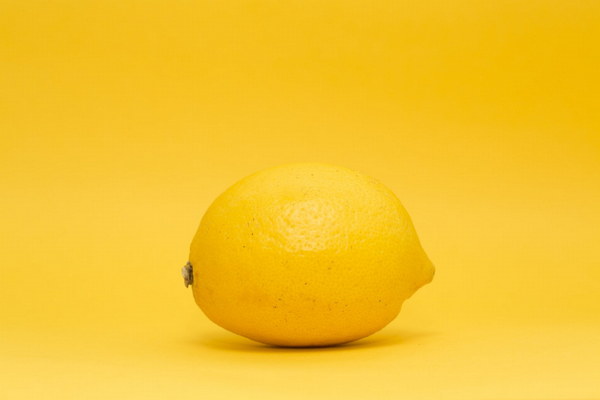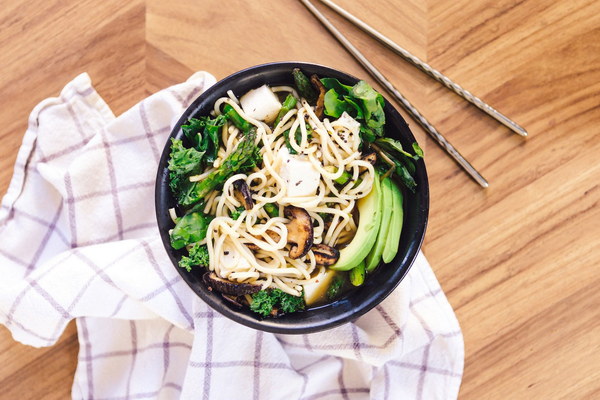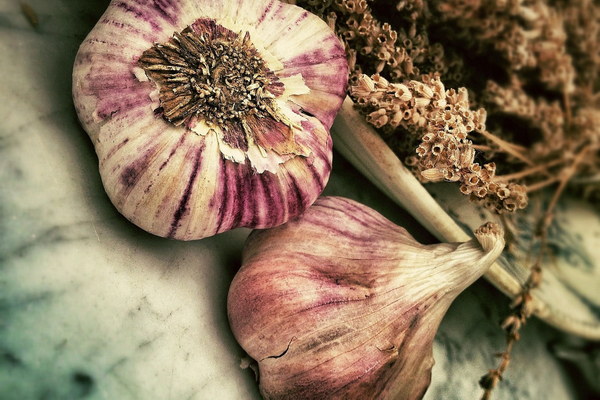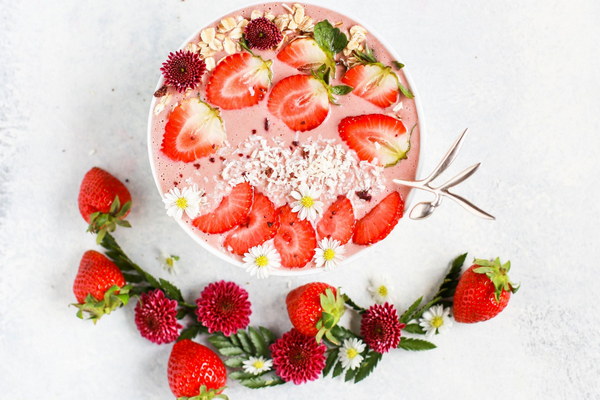Boosting Your Chi and Blood How Coffee Can Serve as a Surprising Energy Elixir
The Surprising Energy Elixir: How Coffee Can Complement Your Chi and Blood
In the fast-paced world we live in, finding natural ways to boost our energy and vitality is more important than ever. While traditional remedies like ginseng and iron supplements often come to mind, an unexpected beverage might just hold the key to invigorate your body and mind: coffee. Yes, you read that right. Coffee, the beloved morning pick-me-up, has more to offer than just a jolt of caffeine. Let's delve into how this popular beverage can complement your body's chi and blood, promoting overall well-being.
The Chi and Blood Connection
In traditional Chinese medicine (TCM), chi (also spelled Qi) is the vital life force that flows through the body, influencing physical, mental, and spiritual health. Blood, on the other hand, is considered the substance that carries chi and nutrients to the body's tissues and organs. A balance of chi and blood is essential for good health and energy levels.
Coffee's Nutritional Profile
Coffee is rich in antioxidants, vitamins, and minerals that can play a role in supporting chi and blood. Here's a breakdown of some key components:
- Antioxidants: Coffee is one of the most potent sources of antioxidants, which help protect the body against oxidative stress and inflammation. This can improve blood flow and support the body's overall chi.
- Vitamins: Coffee is a good source of B vitamins, which are crucial for energy production, red blood cell formation, and overall blood health.
- Minerals: Coffee contains essential minerals like magnesium and potassium, which contribute to muscle and nerve function, as well as the regulation of blood pressure and heart rate.
How Coffee Supports Chi and Blood
1. Enhances Energy Levels: The primary function of coffee is to provide a quick energy boost. Caffeine stimulates the central nervous system, increasing alertness and reducing fatigue. This can help balance chi and maintain its flow throughout the body.
2. Improves Blood Flow: Coffee has been shown to improve blood flow by dilating blood vessels. This can help deliver more oxygen and nutrients to the tissues, supporting the body's chi and blood balance.
3. Supports Red Blood Cell Production: The B vitamins in coffee, such as folate and niacin, are vital for the production of red blood cells. Adequate red blood cell counts ensure that the body has enough blood to transport chi and nutrients.
4. Boosts Immune System: The antioxidants in coffee can strengthen the immune system, helping to ward off illnesses that can disrupt the balance of chi and blood.
5. Regulates Hormonal Balance: Coffee contains compounds that can influence hormonal balance, including insulin and cortisol. Proper hormonal regulation is essential for maintaining chi and blood balance.
The Right Amount and Timing

While coffee can be a beneficial addition to your wellness routine, it's important to consume it in moderation and at the right times:
- Moderation: Limit your coffee intake to one to two cups per day to avoid potential negative effects like caffeine overload or disrupted sleep patterns.
- Timing: Drinking coffee in the morning can help kickstart your day and maintain chi flow. However, avoid consuming it too close to bedtime to prevent sleep disturbances.
Conclusion
Coffee, with its rich blend of nutrients and antioxidants, can indeed play a role in supporting your body's chi and blood. By incorporating this energizing beverage into your routine, you may experience increased energy levels, improved blood flow, and a more balanced sense of well-being. Remember to listen to your body and adjust your coffee consumption accordingly to reap the benefits without any adverse effects. Cheers to a cup of coffee that's not just a pick-me-up, but a subtle healer of chi and blood.









